Filter by
Uncertainty in deliberate lexical interventions: Exploring Esperanto speakers…
Language managers in their different forms (language planners, terminologists, professional neologists …) have long tried to intervene in the lexical usage of speakers, with various degrees of success: Some of their lexical items (partly) penetrate language use, others do not. Based on electronic networks of practice of the Esperanto speech community, Mélanie Maradan establishes the foundati…
- Edition
- -
- ISBN/ISSN
- 9783732992379
- Collation
- 373p.: ill.
- Series Title
- -
- Call Number
- 414 MAR u
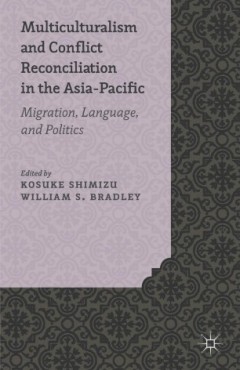
Multiculturalism and conflict reconciliation in the Asia-Pacific : migration,…
This book is open access under a CC BY license. This edited collection focuses on theories, language and migration in relation to multiculturalism in Japan and the Asia-Pacific. Each chapter aims to provide alternative understandings to current conflicts that have arisen due to immigration and policies related to education, politics, language, work, citizenship and identity.
- Edition
- -
- ISBN/ISSN
- 9781137403605
- Collation
- xiv, 237p. : ill.
- Series Title
- -
- Call Number
- 305.80095 MUL m
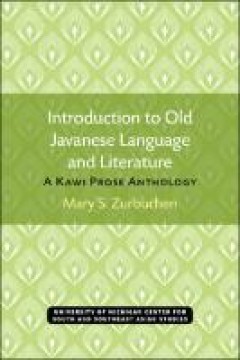
Introduction to old Javanese language and literature : a kawi prose anthology
The oldest and most extensive written language of Southeast Asia is Old Javanese, or Kawi. It is the oldest language in terms of written records, and the most extensive in the number and variety of its texts. Javanese literature has taken many forms. At various times, prose stories, sung poetry or other metrical types, chronicles, scientific, legal, and philosophical treatises, prayers, chants,…
- Edition
- -
- ISBN/ISSN
- 9780472902187
- Collation
- XII, 151 p.
- Series Title
- Michigan Series In South And Southeast Asian Languages And Linguistics
- Call Number
- 499.222 ZUR i
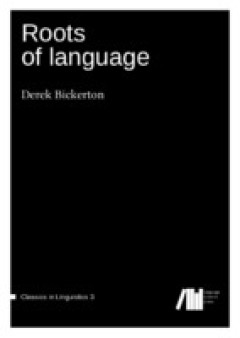
Roots of language
Roots of language was originally published in 1981 by Karoma Press (Ann Arbor). It was the first work to systematically develop a theory first suggested by Coelho in the late nineteenth century: that the creation of creole languages somehow reflected universal properties of language. The book also proposed that the same set of properties would be found to emerge in normal first-language acquisi…
- Edition
- -
- ISBN/ISSN
- 9783946234081
- Collation
- xiii, 284 p.; 22 cm.
- Series Title
- Classics in Linguistics, 2
- Call Number
- 401 BIC r
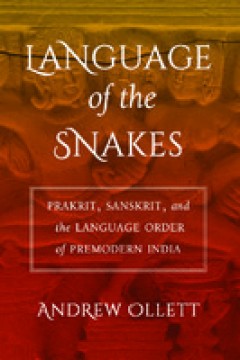
Language of the snakes : prakrit, Sanskrit, and the language order of premode…
Language of the Snakes traces the history of the Prakrit language as a literary phenomenon, starting from its cultivation in courts of the Deccan in the first centuries of the common era. Although little studied today, Prakrit was an important vector of the kāvya movement and once joined Sanskrit at the apex of classical Indian literary culture. The opposition between Prakrit and Sanskrit was …
- Edition
- -
- ISBN/ISSN
- 9780520968813
- Collation
- 324 p.; 22 cm.
- Series Title
- -
- Call Number
- 891.3 OLL l
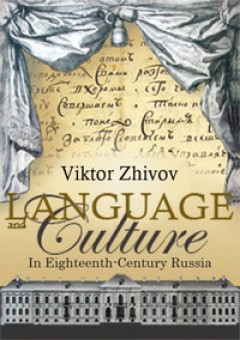
Language and culture in eighteenth century Russia
Victor Zhivov's Language and Culture in Eighteenth-Century Russia is one of the most important studies ever published on eighteenth-century Russia. Historians and students of Russian culture agree that the creation of a Russian literary language was key to the formation of a modern secular culture, and this title traces the growth of a vernacular language from the "hybrid Slavonic" of the late …
- Edition
- -
- ISBN/ISSN
- 9781618116734
- Collation
- XVII, 506 p.
- Series Title
- Studies in Russian and Slavic Literatures, Cultures, and History
- Call Number
- 491.709033 ZHI l
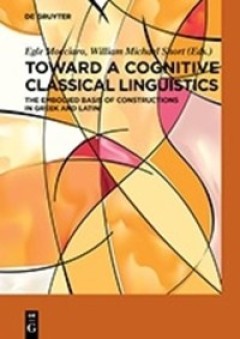
Toward a cognitive classical linguistics : he embodied basis of constructions…
This volume gathers a series of papers that bring the study of grammatical and syntactic constructions in Greek and Latin under the perspective of theories of embodied meaning developed in cognitive linguistics. Building on the momentum currently enjoyed by cognitive-functional approaches to language within the field of Classics, its contributors adopt, in particular, a ‘constructional’ app…
- Edition
- -
- ISBN/ISSN
- 9783110616347
- Collation
- VIII, 273 p.
- Series Title
- -
- Call Number
- 480 MOC t
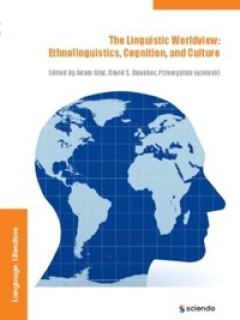
The linguistic worldview : ethnolinguistics, cognition, and culture
the book is concerned with the linguistic worldview broadly understood, but it focuses on one particular variant of the idea, its sources, extensions, its critical assessment, and inspirations for related research. This approach is the ethnolinguistic linguistic worldview (LWV) program pursued in Lublin, Poland, and initiated and headed by Jerzy Bartminski. In its basic design, the volume emerg…
- Edition
- -
- ISBN/ISSN
- 9788376560748
- Collation
- 492 p.
- Series Title
- -
- Call Number
- 306.44 GLA l
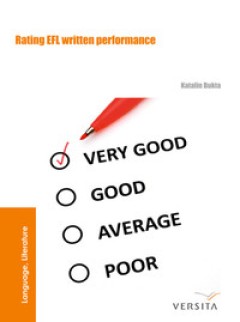
Rating EFL written performance
The study focuses on the investigation of the process during which raters of EFL written performance make their decisions. It consists of a pilot and a main study, each of which concentrates on assessment of writing. The rationale is to detect the decision-making processes that raters follow, which can be used for training raters, and with which the reliability of rating can be improved. The pi…
- Edition
- -
- ISBN/ISSN
- 9788376560793
- Collation
- 424 p.
- Series Title
- -
- Call Number
- 428.0071 BUK r
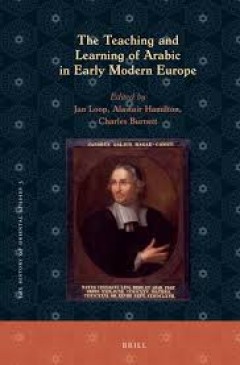
The Teaching and learning of Arabic in early modern Europe
The essays in this volume shed light on how, for what purposes and to what extent the Arabic language was taught and studied by European scholars, theologian, merchants, diplomats and prisoners in early modern Europe.
- Edition
- -
- ISBN/ISSN
- 9789004338623
- Collation
- 366 p.; 22 cm.
- Series Title
- The History of Oriental Studies, 3
- Call Number
- 492.78007104 TEA t
 Computer Science, Information & General Works
Computer Science, Information & General Works  Philosophy & Psychology
Philosophy & Psychology  Religion
Religion  Social Sciences
Social Sciences  Language
Language  Pure Science
Pure Science  Applied Sciences
Applied Sciences  Art & Recreation
Art & Recreation  Literature
Literature  History & Geography
History & Geography